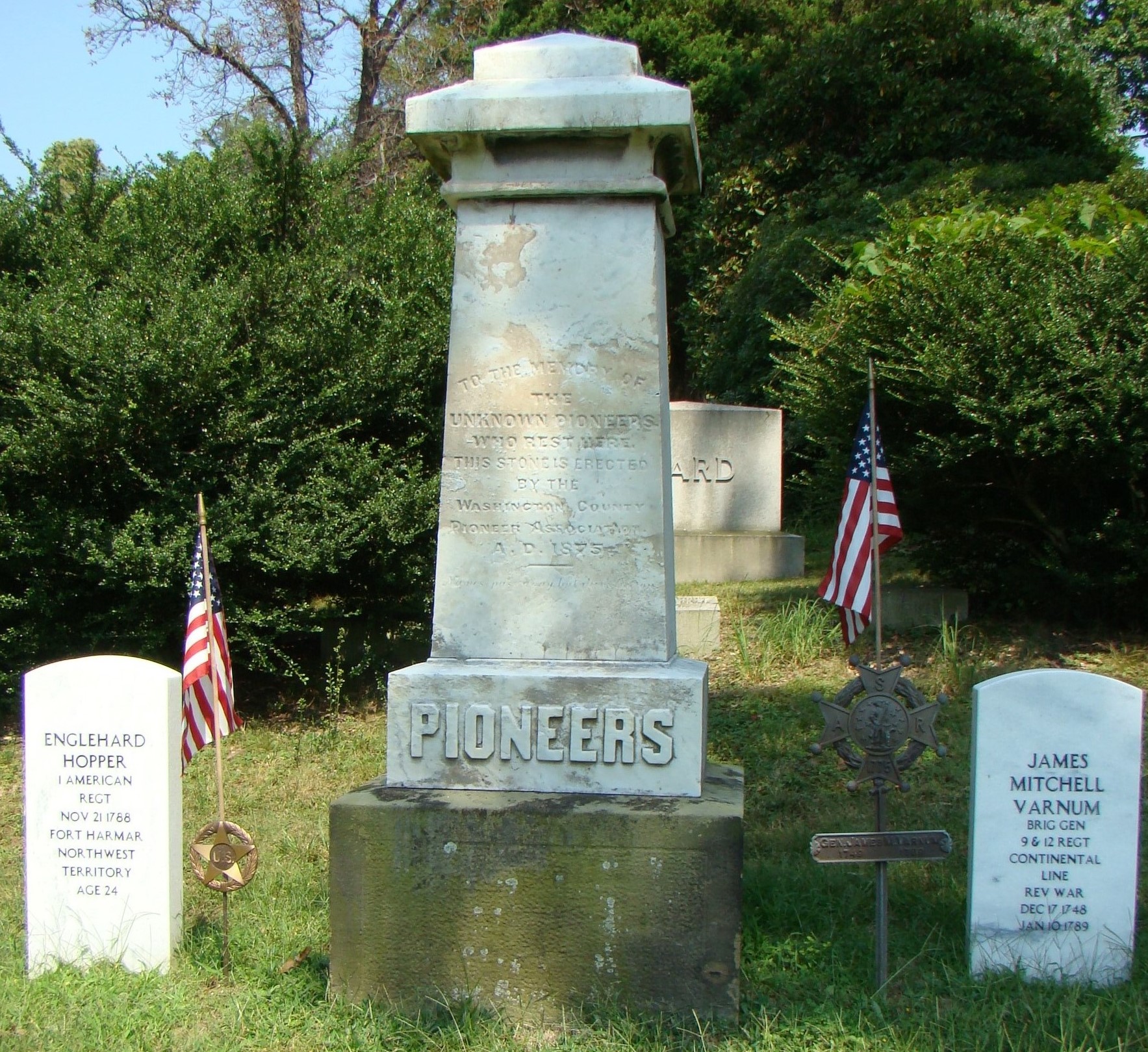In Marietta, Ohio’s Oak Grove Cemetery, a monument overlooking the graves of some of the city’s earliest pioneer settlers includes an inscription that reads, “Names pass away, but deeds live on.” At first blush, that quote could be seen as a rallying cry for all of us as leaders. Even if our names are forgotten as the pages of history turn – our work, our good deeds, will live on. This is the implied and inspiring message from this inscription. Unfortunately, our good deeds aren’t the only type of deeds that live on.
Several years ago, Becky worked with a client experiencing high employee turnover. Numerous factors contributed to the issue, including non-competitive salaries & wages and a lack of investment in employee development. While examining the history of the policies and procedures that bound them, no one in the leadership team could identify who created them. An even more interesting phenomenon was that team members agreed that the restrictive policies and procedures should be updated. Still, there was hesitation to change something that this unknown group of leaders had put into place. In our world, this isn’t uncommon. We’ve seen similar resistance in other organizations to changing mission statements, core values, vision concepts, organizational charts, titles, job responsibilities, and even the physical location of offices. And we wonder why change initiatives are so difficult!
As leaders, we are in the spotlight. Our words appear in company newsletters, our faces represent our organizations in the community, and our voices reverberate in meeting rooms. But those moments are fleeting; the march of time will bring new leaders into the spaces we formerly occupied, and as generations pass, our names will likely be forgotten. What won’t be forgotten are the decisions we make on the big issues we face. Not only will those decisions be remembered, but they will also likely appear to be precedents to the leaders who follow us, and they may feel compelled to continue down our established path. Our deeds will “live on.”
As we watch our decisions unfold in real time, we should feel free to adjust, even if that means going back to the drawing board and starting over. There’s no shame in our admission that we started down the wrong path and need to course-correct because our “deeds live on,” and we want to make sure it’s the best of our deeds, rather than the worst, that survive.
Reflection: Think about key decisions you’ve made over the last several months. Are there any decisions that you want to adjust before they become precedents in your organization?


















